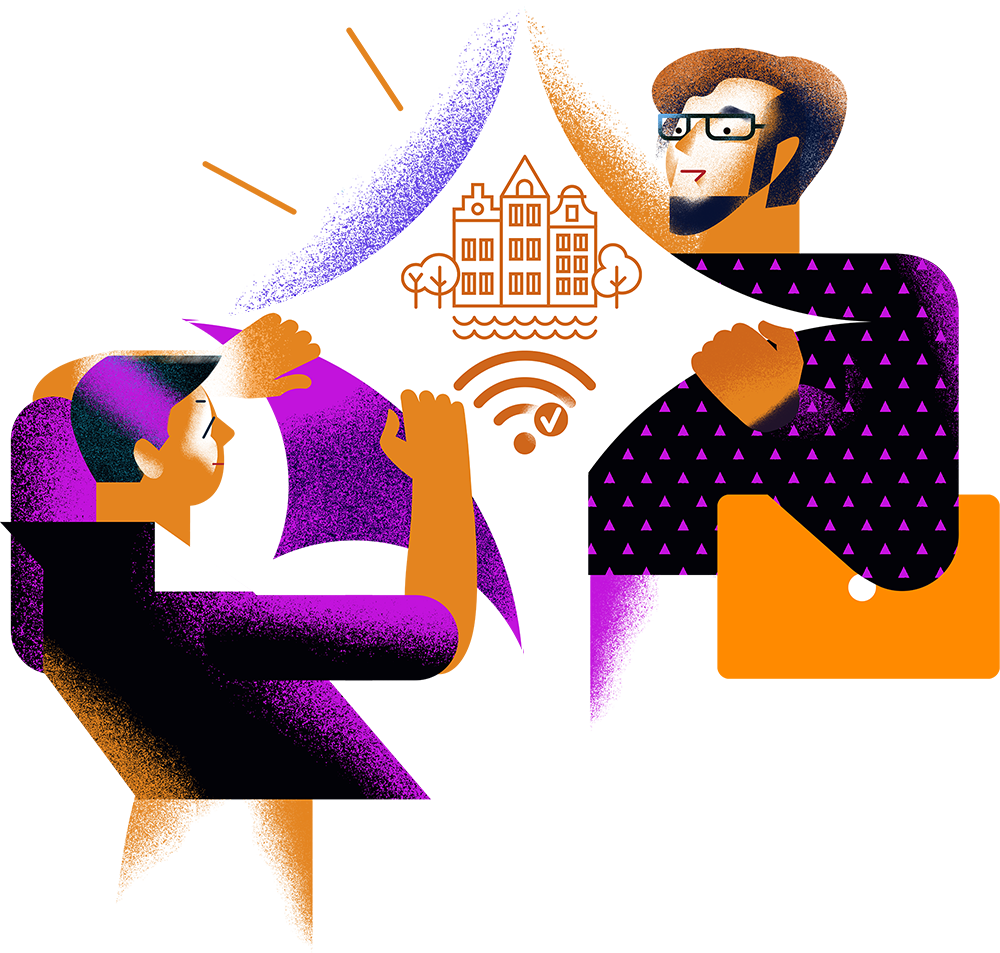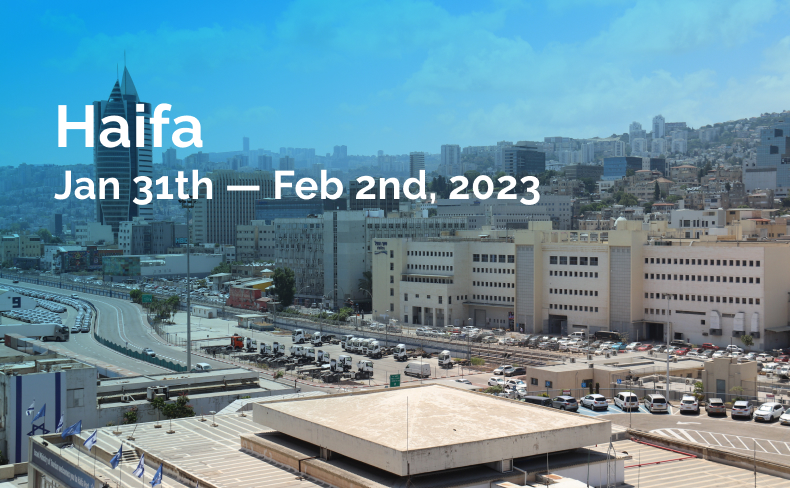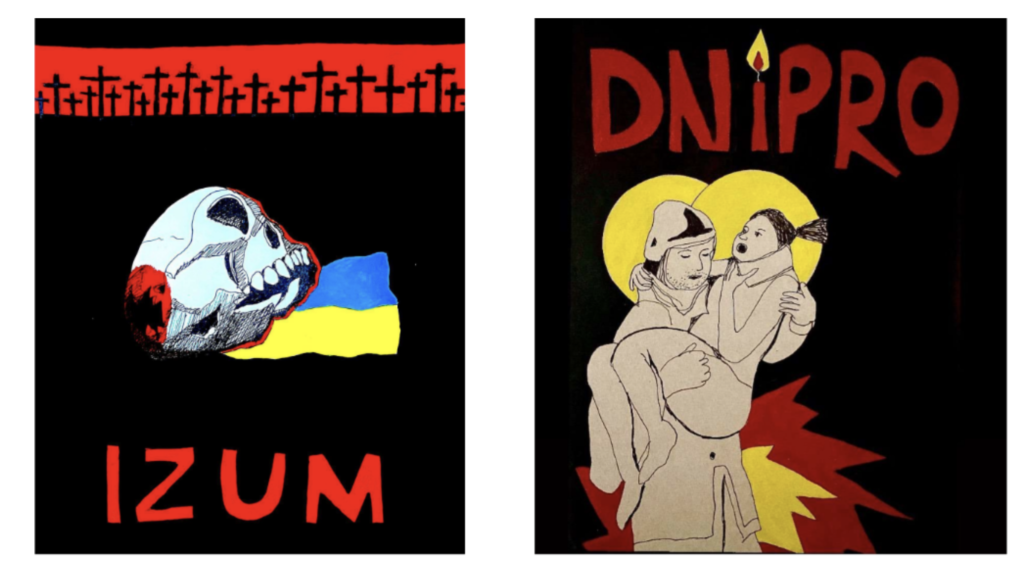
The conference and hackathon “Internet Without Borders” took place in Haifa on January 31 – February 2, 2023. This was the seventh event in a series of technical conferences and labs aimed at improving solutions to combat censorship and shutdowns. The local partner for the conference was the Anti-War Group “Svyaz”, an initiative founded in 2022 by Israeli activists to support Ukrainian citizens in Israel and to organize anti-war events in the Russian language in Israel.
Like previous conferences, the presentations were dedicated not only to the situation in Russia. Many speakers had experience working in other countries that aggressively restrict the internet, such as Iran.
The first day of the conference focused on inventorying restrictions and ways to bypass them. Alexey Sidorenko, the head of the “Teplitsa. Technologies for Social Good”, presented an overview of known and unknown material about the Cheburnet, which refers to the threat of Russia being disconnected from the global internet.
Alexey pointed out the factors that amplify the trend of “internet balkanization” in Russia:
- The need for information control;
- Belief in the possibility of successful disconnection;
- Perceived and actual cyber attacks.
He also mentioned the factors that mitigate this trend:
- Technical and personnel complexities;
- Inertia of internet infrastructure;
- Personnel shortage;
- Decentralized solutions.
Despite not knowing the specific parameters of this equation, the main point of interest and uncertainty is when the infrastructure of major platforms such as Google, Microsoft, and others will be blocked in Russia, as these platforms continue to facilitate the flow of protest content into the country. Additionally, it is unknown when a massive blockade of decentralized tools will be implemented. Therefore, proactive action is necessary: monitoring connectivity, analyzing the infrastructure of blockades, and assisting content producers in circumventing restrictions. Moreover, it is important to build “bridges” in the Russian segment of the internet and beyond, so that the “Cheburnet curtain” does not come as an unpleasant surprise that is impossible to address.
The technical speeches at the conference focused on three ways to build such “bridges”: P2P and decentralized solutions, VPN services, and projects reminiscent of the early days of the internet, designed to operate within a local and isolated network.
Dmitry Vitalev presented the mobile browser CENO, developed by eQualitie. CENO utilizes a P2P solution based on the BitTorrent protocol and the distributed network Ouinet. It operates in countries with excessive internet restrictions, particularly in Iran, Russia, and Ukraine. The browser allows users to access websites through multiple methods: directly if the site is accessible and open, through another user’s device, or from the cache. The list of cached websites constantly expands.
Another presentation covered Lantern. Initially, this project was a P2P network of trusted users aimed at helping people in countries with minimal internet restrictions gain access to the open internet through friends in heavily restricted countries. In those years, Lantern used Google Chat for communication between users. However, the project now employs a range of protocols and solutions to maintain proxy servers that bypass censorship. Two out of the seven million Lantern users are from Russia, so the team recently launched a “Discover” section that collects materials blocked in the country.
In addition to “bridge technologies,” more traditional methods of maintaining connectivity were also discussed, such as VPNs. Mikhail Klimarev, the director of the Internet Protection Society, presented the VPN Generator project, which allows anyone to set up their own small VPN server and distribute its address to acquaintances. The project’s team ensures that the technological solutions used by the generator are cleverly designed. Blocking hundreds of small VPN networks built on modern protocols would be much more challenging than blocking services from a few major vendors – that’s the team’s calculation.
The second project in this category is Amnezia VPN, an “engine” for deploying a personal VPN server. Unlike VPN Generator, Amnezia only provides the server configuration and setup instructions, leaving the rest of the work to the user. Despite this strict approach, the service has over 70,000 active users. Additionally, Amnezia utilizes a different set of technical solutions, including WireGuard, IKEv2, and Cloak.
Another VPN, NewNode, utilizes a P2P network of users to create a distributed CDN. In other words, the service transfers content between users even when there is no internet connection. It sounds similar to FireChat, and it’s no coincidence: one of the creators of FireChat is also the founder of NewNode.
The third type of “bridges” is not related to overcoming restrictions but rather to working within a local network. This includes the CENO browser mentioned earlier and Dcomms, another project by eQualitie. Dcomms is a server that supports decentralized messengers and services such as Matrix, Delta Chat, Mastodon, Briar, and others. These tools allow users to stay connected even if their internet service provider is disconnected since they can operate within a local network. Currently, Dcomms is deployed in several cities in Ukraine, and thousands or tens of thousands of people use these servers during peak moments.
The conference also discussed content-related issues, not just technological solutions. David Khomak, the creator of the legendary platform Lurkmore, talked about the rise of nano-media—media outlets with a reach limited to a single person. The term “rise” here should be understood metaphorically, as these publications have limited resources and no advertisements, and they can only accept donations from emigrated Russians. “We are once again in a situation similar to the early 2000s when there is no money on the internet and no foreseeable future, so we have to rely on ingenuity and pure enthusiasm to get by.” David recorded this lecture for his YouTube channel, confirming his own thesis, and you can watch the recording.
The volunteer team from the Refugee Assistance Center for Ukrainian Refugees in Haifa shared their work. Currently, the center has 1,444 families in its database. They provide these families with shopping cards for supermarkets, deliver lectures on everyday life and legal aspects in Israel, and offer language classes. If you know any language and are willing to help, the center would be grateful. Here is their Facebook group.
Finally, artist Vera Gaylis demonstrated how art stands against war. We will conclude this report with a few examples of her works.
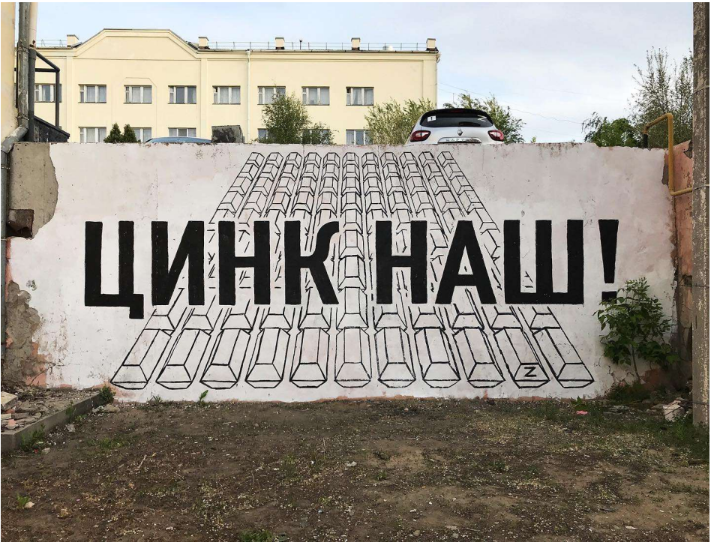
https://www.instagram.com/philippenzo/
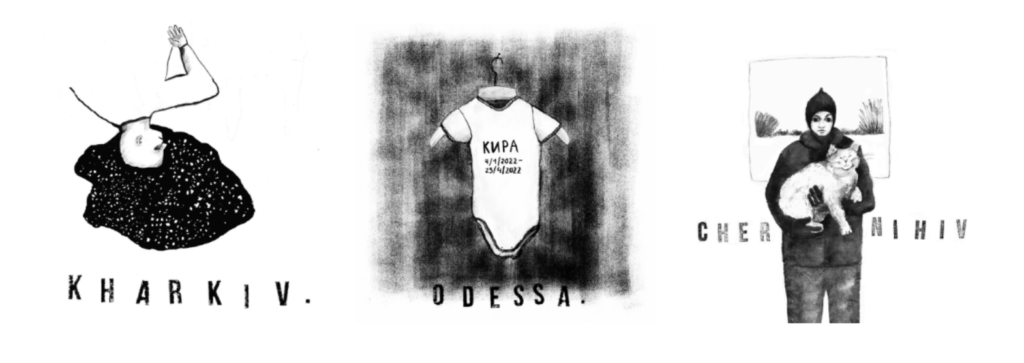
https://www.instagram.com/risburlit/
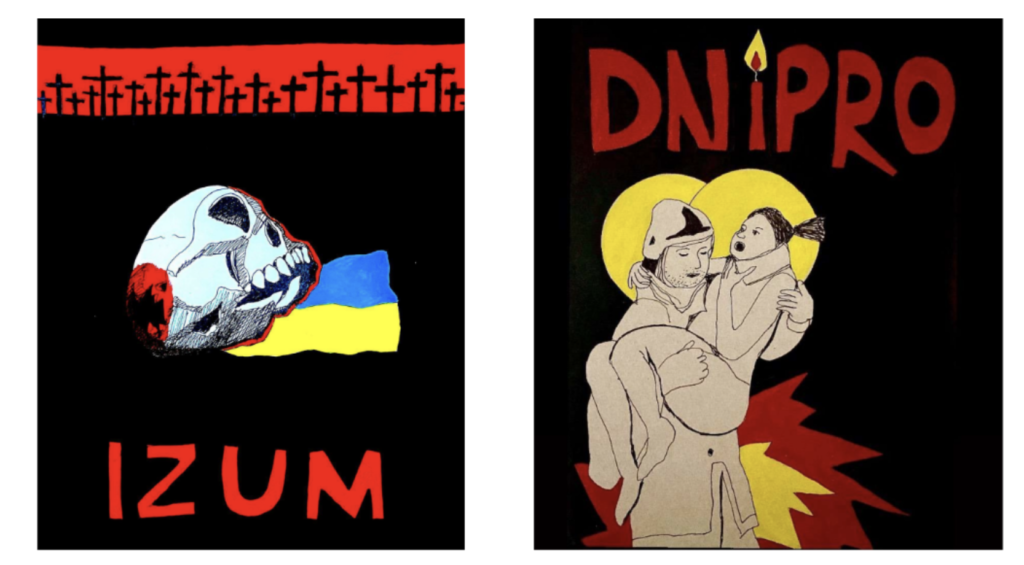
https://www.instagram.com/antonlogov/
Thank you! I’ll see you at the next IBG conference in Prague on March 24-25. You can read about the results of the hackathon in Haifa here. Make sure to subscribe to the conference’s Telegram channel to stay updated and not miss any updates.
